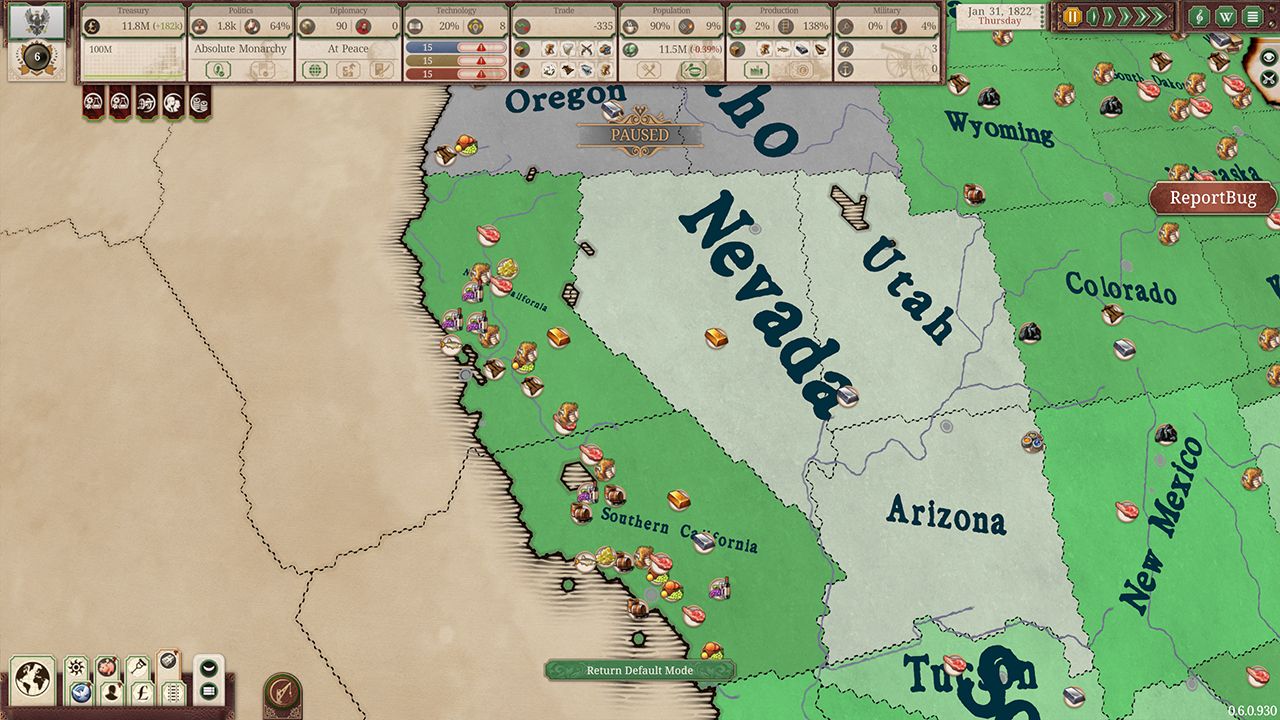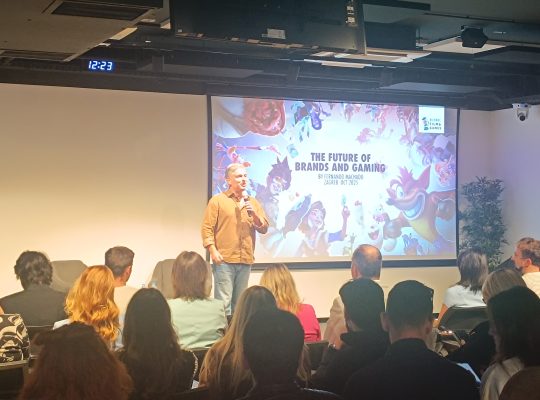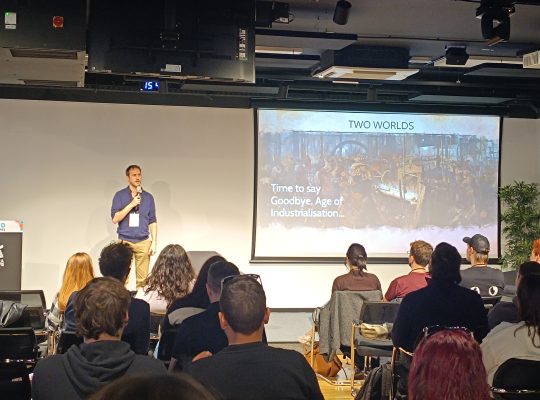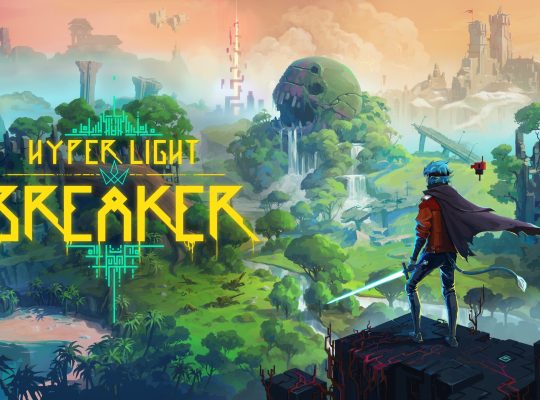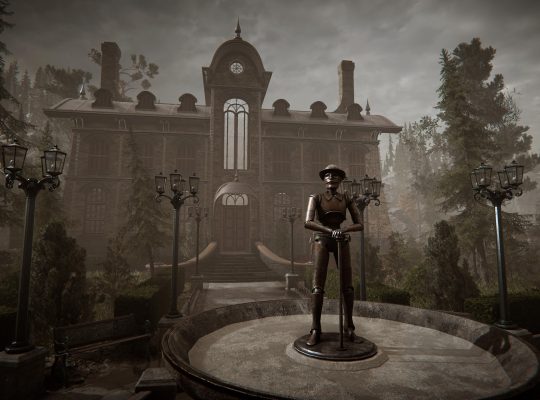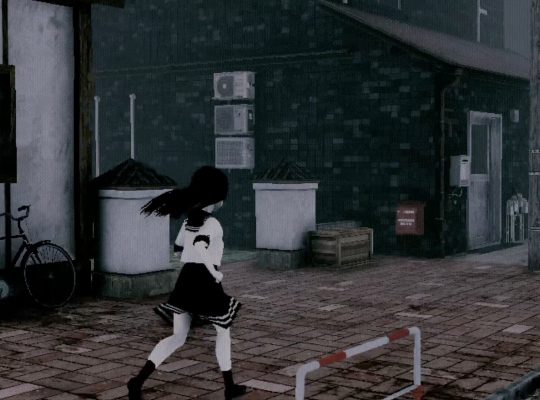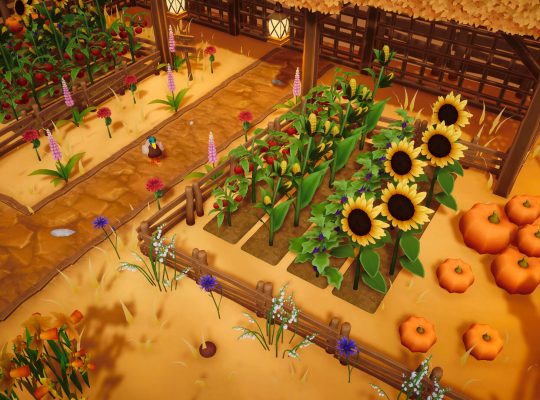Gilded Destiny is taking a unique approach to its economic system, focusing on real-world history, scarcity, and specialization. The developers at Aquila Interactive have designed the game’s economy to feel more authentic by creating imbalances and monopolies, which reflect the impact of the Industrial Revolution. The goal is for each country and province to have a specialized role in the world’s economy.
Production in the game works in two ways. The most common way is through buildings, which players construct directly on top of Resource Points that are spread across the map. These buildings use recipes to produce goods. The second way is through smallholders and artisans, which represent the non-industrial part of the economy. They operate autonomously in every province, creating a baseline of goods. However, their production is not enough to keep up with growing demand, making the player-built Resource Points essential for industrialization.
Resource Points are a key part of the game’s strategy and are clearly shown on the map as 3D models. Players can find them in two main ways. The first is through a handy resource map mode that allows you to filter and view specific resources around the world. The second way is through the Construction Menu, which is also where you will build the necessary structures to extract or harvest those resources.
The developers conducted extensive research to identify historical producers of key resources, ensuring that resources are not just placed everywhere. This model emphasizes scarcity, forcing players to rely on trade or diplomacy if they lack a certain material. For example, you’ll find cotton in the American South, sulfur in Sicily, and meat in Argentina’s Pampas region, just as it was historically. This selective placement prevents the map from being filled with endless resources and makes each province’s contribution to the world economy feel significant.
This scarcity also affects the game’s smallholders. While they can produce essential goods like wood, grain, and meat anywhere, they can only produce other goods, such as tobacco or tea, if their province has a specific resource point for it. This design choice prevents unrealistic scenarios, like a country in northern Scandinavia being able to grow tea, and reinforces the game’s focus on specialization and trade.
Gilded Destiny will be available later this year for PC via Steam.



